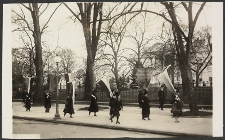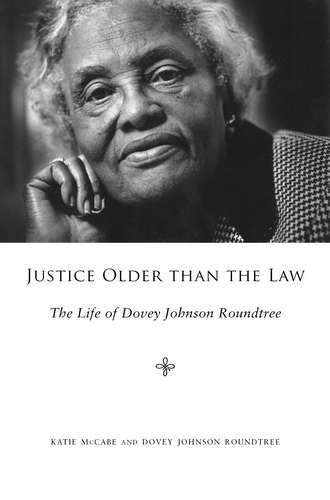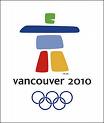The first Monday in October is the official start of the U.S. Supreme Court’s new term. The nine justices, for the first time including three women, start right in on October 4 with oral arguments: 2 on Monday, 3 on Tuesday, and 2 on Wednesday. The cases on Wednesday focus on very personal stories. Snyder v. Phelps pits the grieving father of a marine killed in Iraq against infamous Rev. Fred Phelps, whose group displayed hateful signs such as “Thank God for Dead Soldiers” near the funeral. In Bruesewitz v. Wyeth, the Court will rule on the legal right of parents to sue when their children have been injured by vaccines, such as Hannah Bruesewitz who developed a seizure disorder after getting a vaccine when she was six months old.
A great web site to find all the briefs on the merits and the amicus briefs is the ABA’s site for “PREVIEW of United States Supreme Court Cases,” which provides “expert analysis of the issues, arguments, background, and significance of every case slated for argument.” Another great resource for case previews is the Cornell Legal Information Institute‘s Supreme Court Bulletin, which provides case summaries and analysis written by Cornell Law students. If you can’t be in Washington this week, you can still find the transcripts and audio of the oral arguments. Check out “U.S. Supreme Court Oral Arguments: A Research Guide” by Cornell Research Attorney Matt Morrison for guidance.








